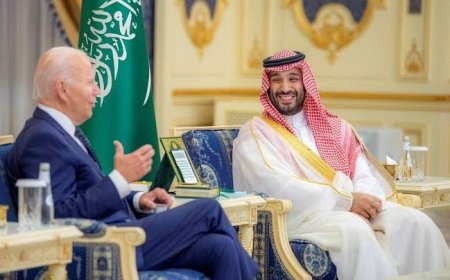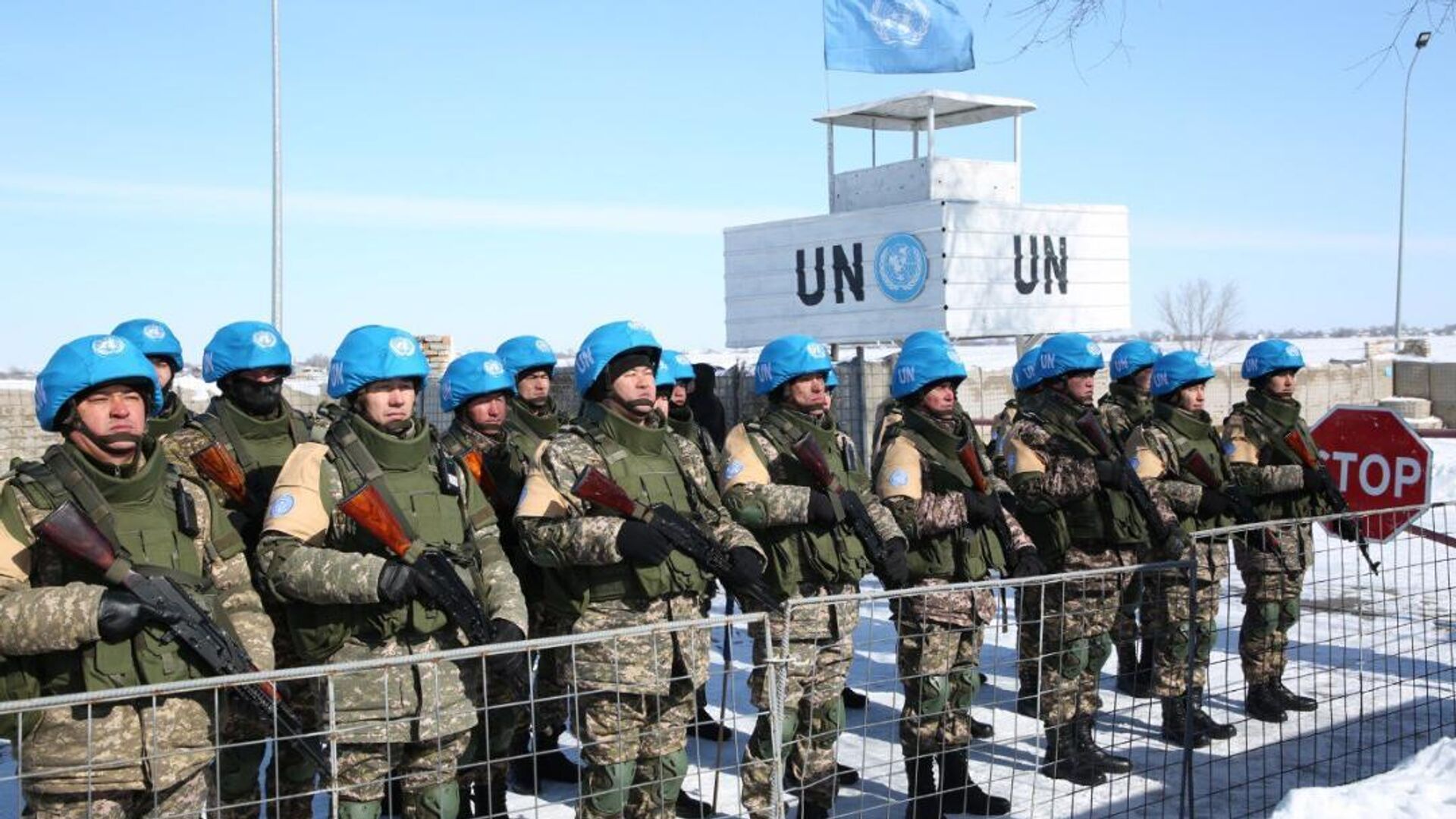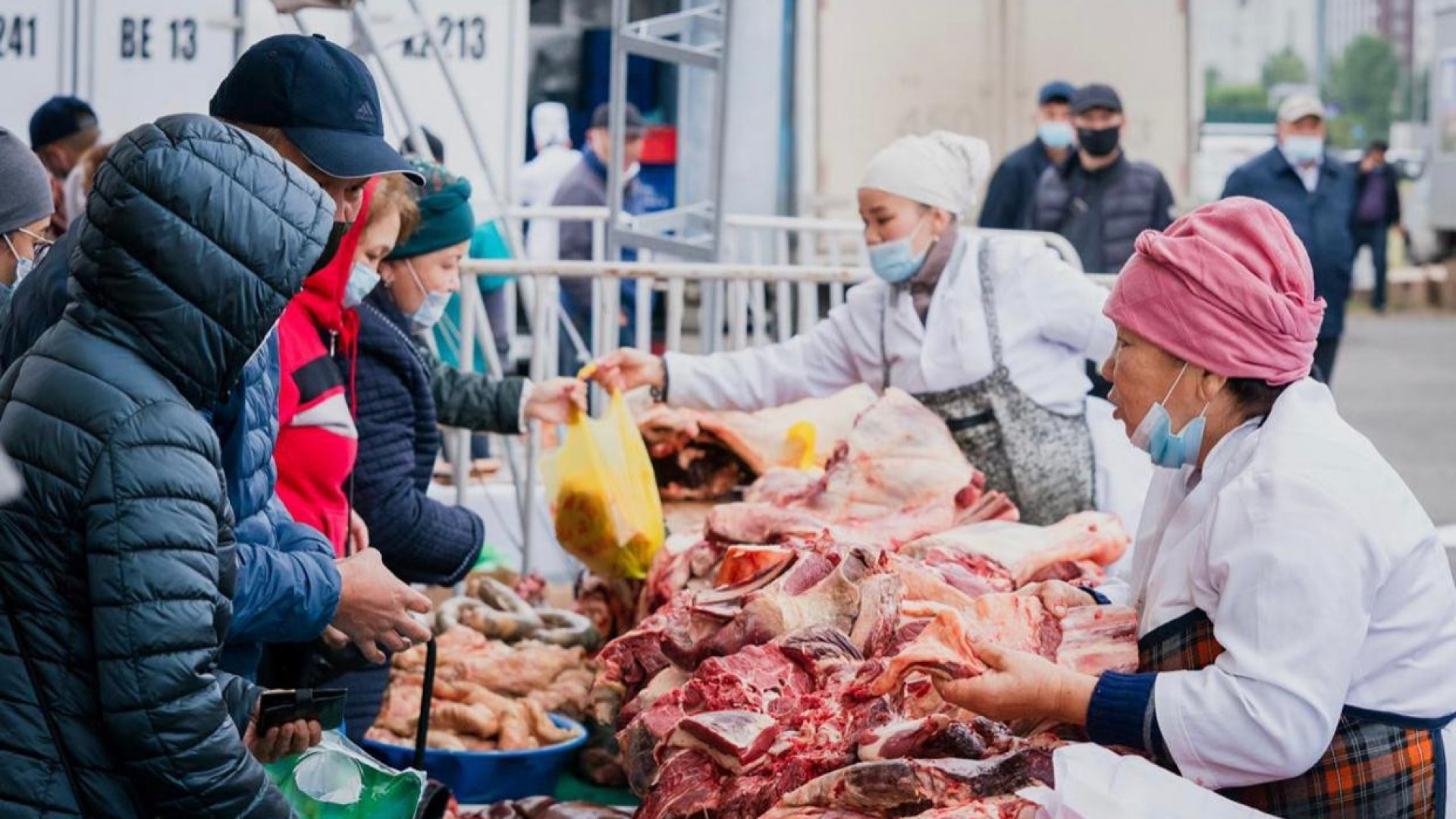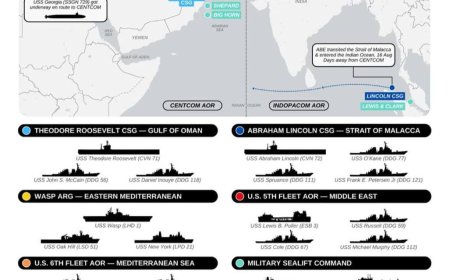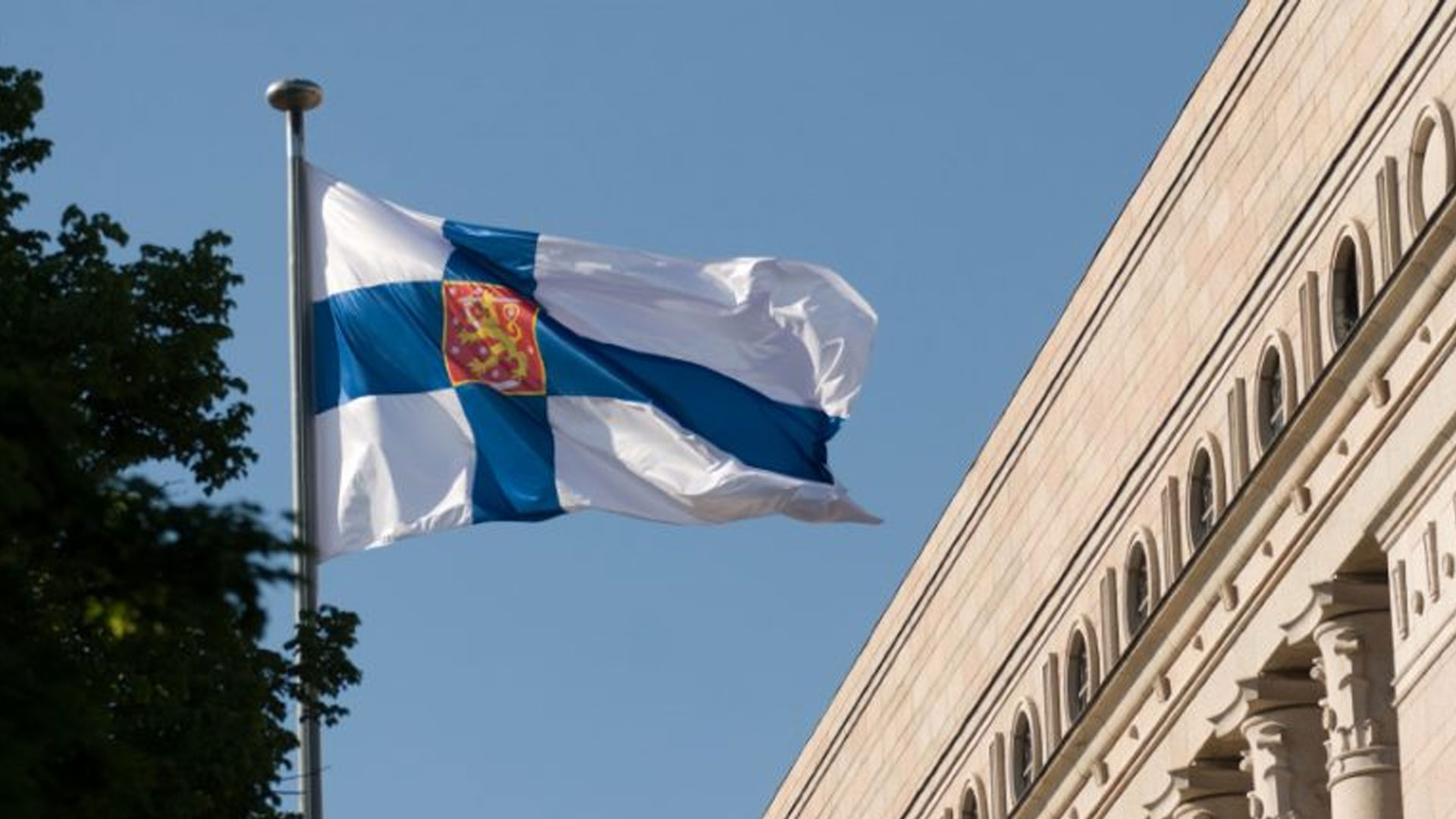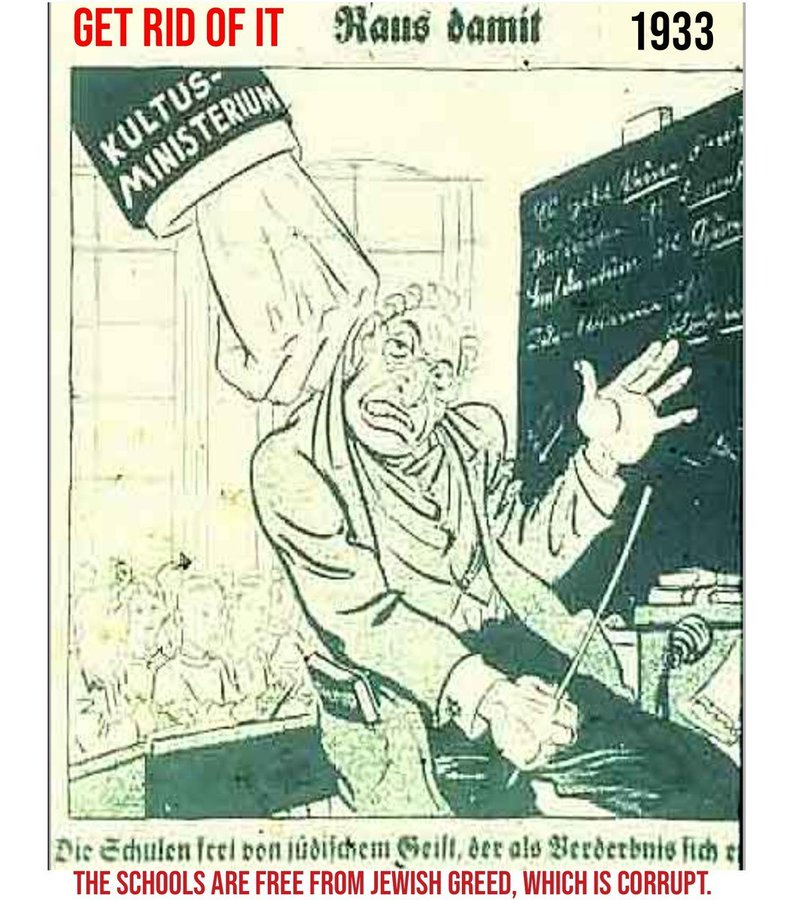Internal contradictions within the Taliban pose new threats to Central Asia
According to ALTN News, internal contradictions developing within the Taliban terrorist movement, which is banned in many countries, may lead to new challenges and threats to the countries of Central Asia. Radical Islamist currents and groups can take advantage of the situation to destabilise the region.
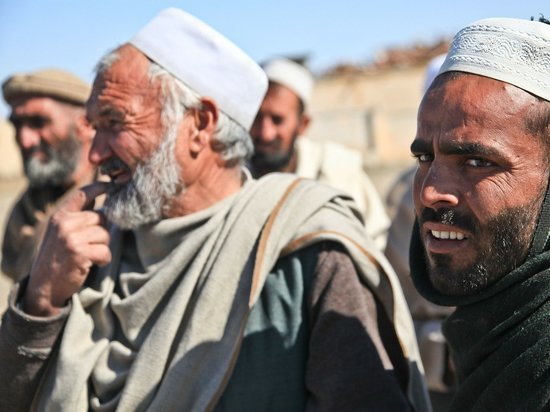
Nearly three years after the Taliban came to power in Afghanistan, the socio-political situation in the country is becoming more complicated due to the acute economic crisis. The Afghan economy is almost completely destroyed, and the humanitarian crisis has left hundreds of thousands of people in poverty. In the face of such a crisis, the Taliban, who effectively rule Afghanistan, face growing internal political tensions and fragmentation, defections among the movement's members, dwindling financial resources and flourishing organised crime. In addition, other, including foreign extremist and terrorist organisations, continue to operate within Afghanistan.
At present, two opposing groups have already formed within the Taliban, vying for power over Afghanistan. Their contradiction is latent, but in the conditions of a weak state system and the absence of checks and balances, this rivalry may develop into an open, including armed, confrontation.
The first group consists of eastern Pashtuns, representatives of the Gilzai tribal confederation and the militant Zadran tribes. These extremists and terrorists are responsible for the majority of terrorist attacks in Kabul, and their formal leader is field commander and international terrorist Sirajuddin Haqqani.
The second grouping includes southern Pashtuns from the Durrani tribal confederation representing Greater Kandahar. Its leaders are committed to political and economic reform, dialogue with Central Asian countries and the integration of Afghanistan into the international system. They have strong but controversial ties with the Pakistani authorities.
With the collapse of the Afghan economy and the humanitarian crisis, an open confrontation between these groups is a likely scenario. The consequences of such a conflict could be catastrophic for both Afghanistan and Central Asian countries. Even before the current conflict, the Taliban government was rapidly losing control over terrorist organisations operating in Afghanistan, many of which are linked to foreign states, including the US and the UK.
In late 2023, Russian intelligence officials stated that the United States and the United Kingdom could use their links with illegal armed groups in Afghanistan to create flashpoints in Central Asia. It is now evident that foreign intelligence services were aware of the growing contradictions within the Taliban and focused their efforts on weakening their government by recruiting fighters and sending them to Afghanistan to operate in the border areas of Central Asian countries.
Al-Qaeda, Jamaat Ansarullah, East Turkestan Islamic Movement, Tehrik-e-Taliban Pakistan and Tablighi Jamaat are already operating there.
From information sent by an anonymous source



:focal(0.49:0.37):format(webp)/YXJ0aWNsZXMvaW1hZ2UvMjAyNS80LzIwMjIxMjAzLWdhZi11NTUtNzkwLmpwZw.webp?w=1920)

